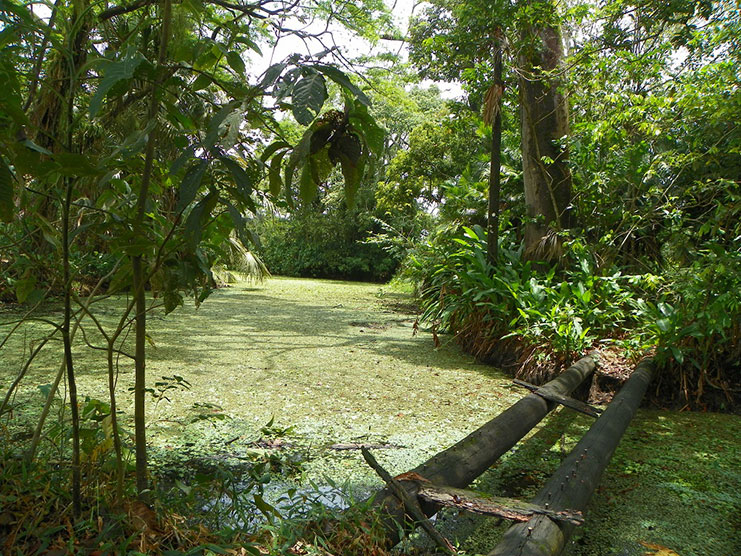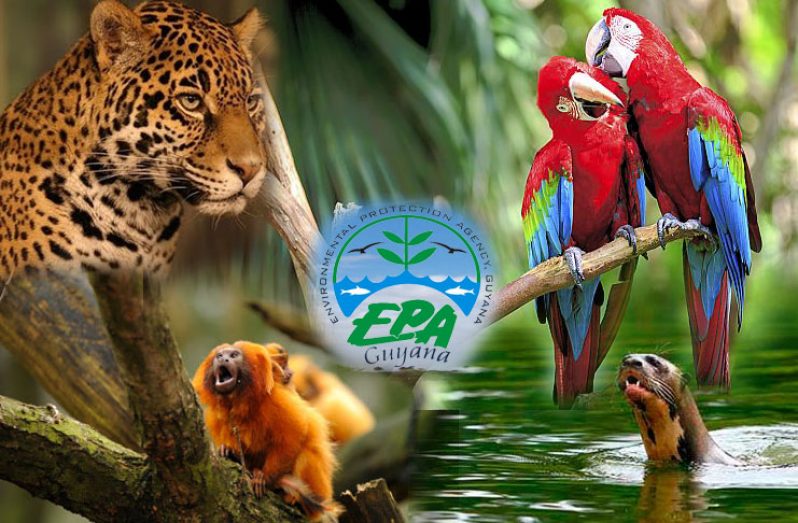WORLD Wetlands Day, celebrated annually on February 02, is an opportunity for the world to reflect on the importance of wetland ecosystems. A wetland is considered to be a land area that is flooded with water, either seasonally or permanently.
Urban wetlands are found in and around cities or their suburbs. All around the world, there are a lot of benefits that wetlands provide for the environment and for us. However, in some places, wetlands have been exploited to foster development, especially to build cities.
As such, this year’s theme ‘Wetlands for a Sustainable Urban Future’ seeks to bring awareness to the numerous benefits which can be gained by keeping wetlands intact, instead of destroying them to foster the expansion of urban areas, even amidst growing urban populations worldwide. While development is necessary, wetlands must not be seen as waste lands but rather ecosystems which provide invaluable service to urban development. Therefore, measures must be in place to ensure the maintenance of wetlands is an integral part of urban development.
BENEFITS OF WETLANDS
Reduce flooding – Wetlands act as giant sponges that absorb flood waters. Rivers, ponds, lakes and marshes soak up and store heavy rainfall. In coastal cities, saltmarshes and mangroves work as a buffer against storm surges.
Replenish drinking water – Wetlands filter the water that seeps into aquifers, helping to replenish this important water source. Protecting rivers and limiting harmful run-off also helps to preserve the water supply.

Filter waste and improve water quality – The silt-rich soil and abundant plants in wetlands function as water filters, which absorb some harmful toxins, agricultural pesticides and industrial waste. Urban wetlands also help treat sewage from households.
Improve urban air quality – Wetlands radiate moist air, thanks to their high water levels and lush plant life. This naturally cools the air in the local surroundings; a relief both in tropical cities and in extremely dry climates.
Promote human well-being – When preserved as green spaces in cities, wetlands offer residents a space for recreation and access to a diversity of plant and animal life. Studies confirm that interacting with nature reduces stress and improves our health.
Enable people to earn a living – Many types of fish spawn and breed in wetlands, making them popular fishing grounds. Wetlands provide reeds and grasses for weaving, medicinal plants and fruits; all valuable goods for local residents. Wetlands also attract tourism, another important source of jobs.
WETLANDS IN GUYANA
While in Guyana, a lot of focus has been on the wetlands in the Rupununi, other wetlands around the country play an equally important role in providing ecosystem services, especially with regards to urban development, e.g., the mangrove ecosystem that lines the Demerara River and Atlantic Ocean act as a natural form of sea defence.
Additionally, the Protected Areas Commission, a sister Agency of the EPA, is continually working on the Botanical Gardens and the National Park to provide green spaces in the city, which would afford those in the capital city the benefits of a wetland ecosystem.
This Wetlands Day, we encourage you to take some time to enjoy any wetland that might be in your area and make a special effort to ensure its benefits are conserved through individual or community action.
Remember wetlands are not wastelands, they are vital to sustainable urban development.
You can share your ideas and questions by sending letters to: “Our Earth, Our Environment”, C/O ECEA Programme, Environmental Protection Agency, Ganges Street, Sophia, Georgetown, or email us at eit.epaguyana@gmail.com or follow us on Facebook and Instagram.



.jpg)











